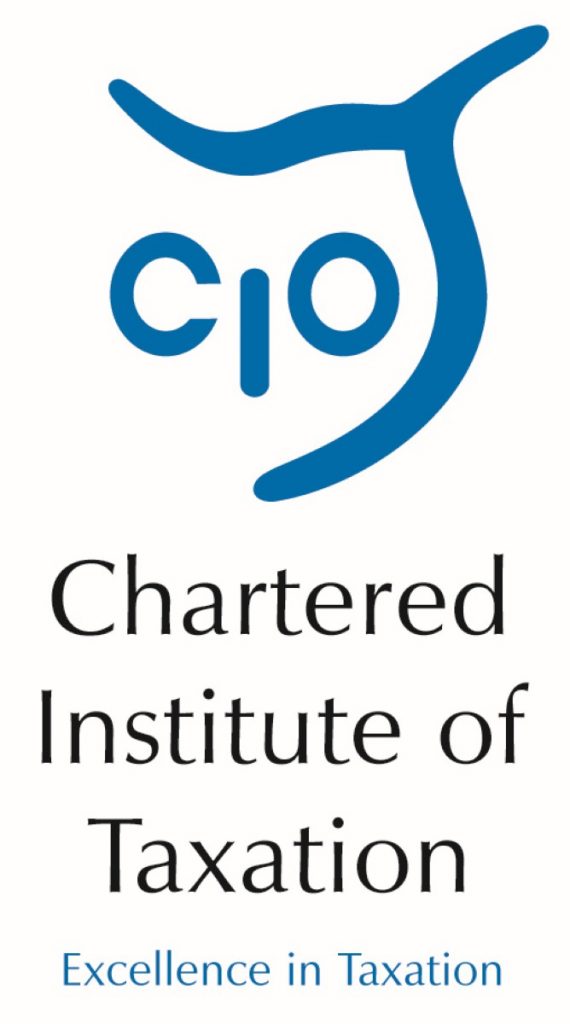The Low Incomes Tax Reform Group (LITRG) has raised serious concerns about the impact on ordinary people of too widely drawn plans to tackle tax avoidance.
A clause1 in the Finance Bill currently before Parliament provides that where a taxpayer submits to HMRC a document that contains an inaccuracy and the inaccuracy relates to the use of certain tax avoidance arrangements, the person who submits the document will be automatically charged a penalty on the basis that the inaccuracy was careless. Normally it is up to HMRC to prove the truth of its assertion that a taxpayer has failed to take reasonable care, but in this particular instance, because tax avoidance arrangements are involved, it will instead be up to the taxpayer to prove to HMRC, or a Tribunal on appeal, that they took reasonable care.
Such avoidance arrangements can include schemes that represent a worker as self-employed when in reality their engagement has all the hallmarks of employment, or that require a worker to set up an intermediary to enable the engager of their labour to avoid such obligations as accounting for PAYE and employers’ NIC. LITRG fears that many people on low incomes are forced into such arrangements or feel they have to agree to them because of a fear of missing out on work.
Anthony Thomas, LITRG Chairman, said:
“We are very concerned that in targeting a wide range of arrangements, such as umbrella companies, personal service companies or similar tax arrangements which individuals are required to sign up to in order to be able to obtain work, this measure seriously risks catching out the wrong party.
“This provision will make it much more difficult for taxpayers in an economically powerless position to prove that they took reasonable care when coerced into using avoidance arrangements, as they are put to the trouble of proving their innocence and having to defend themselves against a charge of carelessness that HMRC is not required to substantiate.”
Suppose for example that a courier whose daily schedule is directed by a delivery company is required to sign a contract that represents him as self-employed, even though the delivery company sets the courier’s hours of work, tells him where to go and imposes on him a tight schedule within which all his set daily tasks are to be completed. The delivery company hopes by means of this scheme to avoid accounting for PAYE and NIC on the courier’s remuneration, but the scheme is investigated and found to be ineffective. The courier, who has submitted self-assessment returns on the basis that the scheme is genuine, is charged a penalty for submitting an incorrect document, even though he had no choice in the matter – he either signed up to the document, or he got no work from the delivery company.
The plans were first announced at Autumn Statement 2015 and confirmed at Budget 2016 and come into effect in relation to any document that relates to a tax period that begins on or after 6 April 2017 and ends after the date the Finance Bill is passed into law.
Notes for editors
1. Clause 124 inserts new paragraph 3A of Schedule 24 of Finance Act 2007 which provides for the reversal of the burden of proof, by introducing a presumption that an inaccuracy is careless.
“3A (1) This paragraph applies where a document of a kind listed in the Table in paragraph 1 is given to HMRC by a person (“P”) and the document contains an inaccuracy which—
(a) falls within paragraph 1(2), and
(b) arises because the document is submitted on the basis that particular avoidance arrangements (within the meaning of paragraph 3B) had an effect which in fact they did not have.
(2) It is to be presumed that the inaccuracy was careless, within the meaning of paragraph 3, unless—
(a) the inaccuracy was deliberate on P’s part, or
(b) P satisfies HMRC or (on an appeal notified to the tribunal) the tribunal that P took reasonable care to avoid inaccuracy.”
2. New paragraph 3B of Schedule 24 of Finance Act 2007 defines “avoidance arrangements”. Sub-paragraph (2) ensures that this is drawn extremely widely, as it can include any arrangements that have obtaining a tax advantage as their main, or one of their main, purposes. Although new sub-paragraph (3) provides an exclusion for arrangements which both “accord with established practice” and have HMRC’s acceptance, this is not sufficient to protect low-income, unrepresented taxpayers. The five conditions which result in arrangements automatically falling within the definition are: they are DOTAS (disclosure of tax avoidance schemes) arrangements; they are disclosable VAT or indirect tax arrangements; the taxpayer has received a counteraction notice in respect of the arrangements and the tax advantage has been counteracted; the taxpayer has received a follower notice; a tax advantage has been counteracted on the basis that an avoidance-related rule applies.
3. Low Incomes Tax Reform Group
The LITRG is an initiative of the Chartered Institute of Taxation (CIOT) to give a voice to the unrepresented. Since 1998 LITRG has been working to improve the policy and processes of the tax, tax credits and associated welfare systems for the benefit of those on low incomes.
The CIOT is the leading professional body in the United Kingdom concerned solely with taxation. The CIOT is an educational charity, promoting education and study of the administration and practice of taxation. One of our key aims is to work for a better, more efficient, tax system for all affected by it – taxpayers, their advisers and the authorities. The CIOT’s work covers all aspects of taxation, including direct and indirect taxes and duties. The CIOT’s 18,000 members have the practising title of ‘Chartered Tax Adviser’ and the designatory letters ‘CTA’, to represent the leading tax qualification.
Contact: Hamant Verma, External Relations Officer, 0207 340 2702 HVerma@ciot.org.uk (Out of hours contact: George Crozier, 07740 477 374)





-01.png)